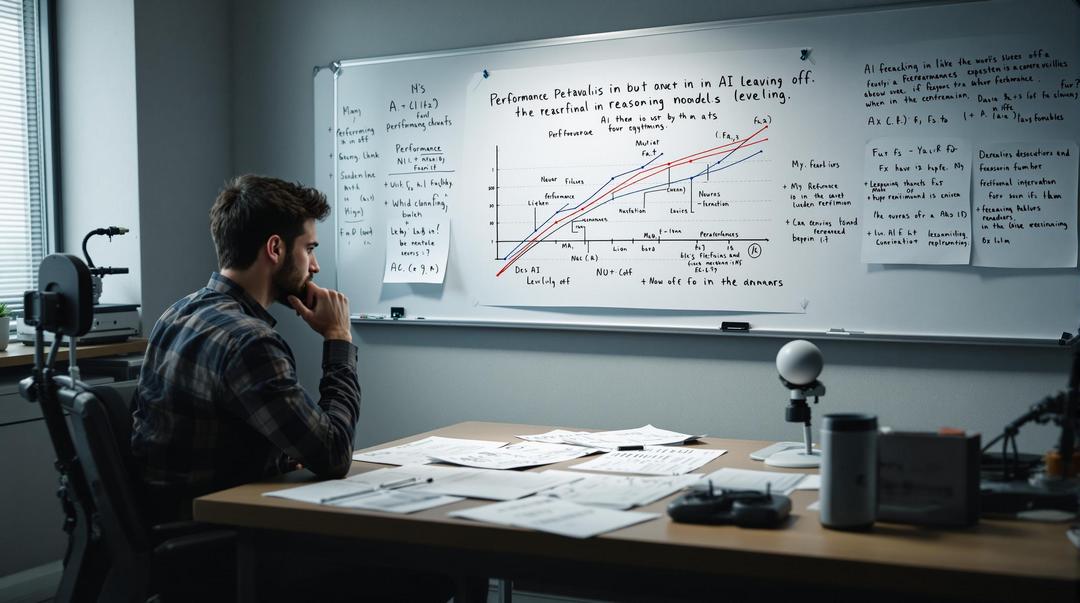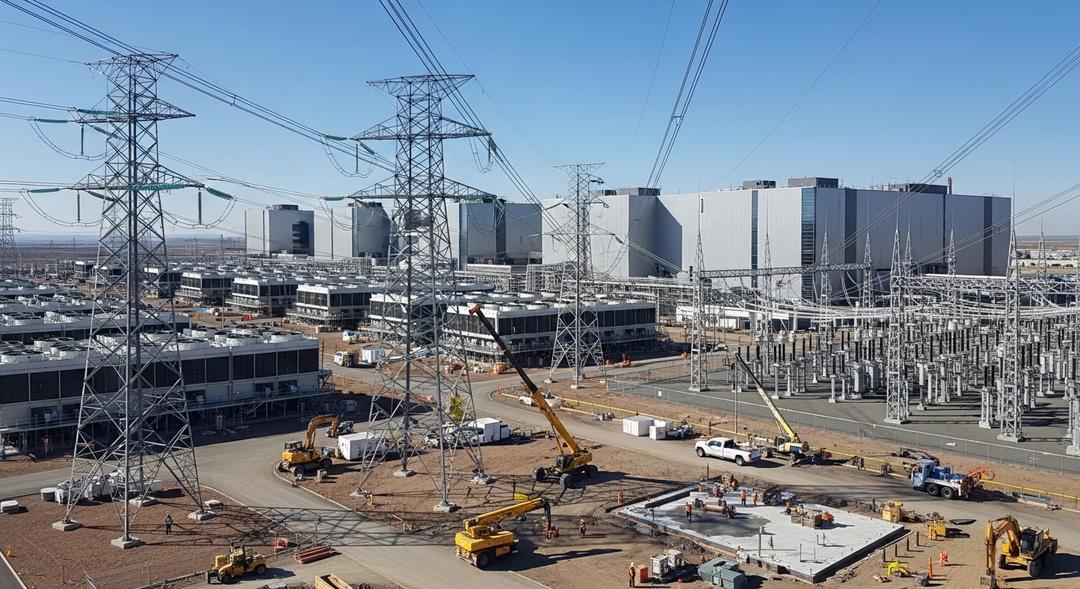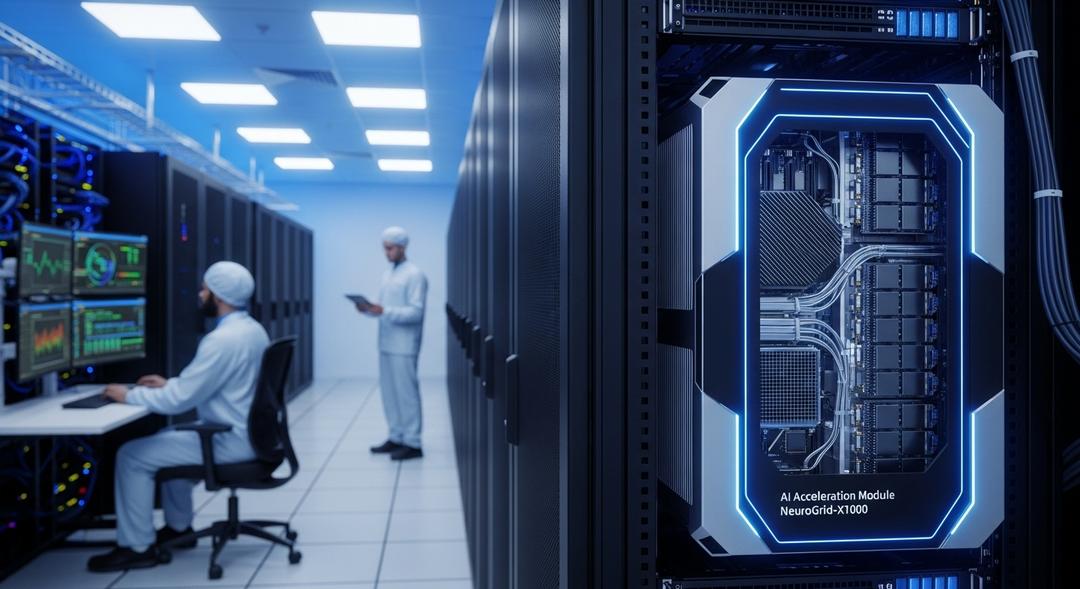Recent findings from Epoch AI indicate that future advancements in reasoning artificial intelligence systems may be approaching a plateau far sooner than anticipated. Their report suggests that the rapid improvement seen in these models could decelerate within a year, raising challenging questions for the industry.
Over recent months, reasoning models like OpenAI’s o3 have made notable strides on technical benchmarks, especially in math and programming. These gains have been driven by models using increased computational resources, albeit at the cost of requiring more processing time compared to standard AI systems.
The development of reasoning AI involves an initial stage of training on large data sets, followed by reinforcement learning that allows the system to receive evaluative feedback for complex problem-solving. To date, leading labs including OpenAI have reserved comparatively modest computing budgets for the reinforcement learning phase, but the trend is shifting as more power is being dedicated to this step.
Computational Scaling and Its Limits
OpenAI recently revealed it multiplied its computing resources by roughly a factor of ten for o3’s training compared to the previous generation, largely channeling this increase into reinforcement learning. Company researchers have signaled plans to further intensify resource allocation for reinforcement learning, sometimes even exceeding the capacity used for initial model training.
Despite these efforts, Epoch AI observes that there remains a ceiling on just how much computing can enhance reinforcement learning’s effectiveness. Analyst Josh You from the institute notes that while basic training for AI models currently sees performance boosts quadrupling annually, reinforcement learning’s gains have surged tenfold in three to five months.
He predicts that by 2026, progress in reasoning model training may align with the pace seen in broader advanced AI development. This projection underscores broader industry concerns, especially as reinforcement learning approaches the upper bounds of scale and efficiency.
Epoch’s evaluation incorporates various assumptions and references statements from technology leaders to illustrate the complexity of ongoing research. High research costs, alongside limits in compute availability, suggest that scaling these models further could soon present significant obstacles.
Research expenses, as well as the operational overheads associated with reinforcement learning, are poised to play a crucial role in determining how far these models can actually go. The AI sector, having invested vast resources in developing reasoning models, may soon confront diminishing returns and practical roadblocks as these tools near their technological limits.
Researchers have also documented persistent weaknesses in reasoning models, including a tendency toward inaccuracy or generating false information more frequently than traditional systems. The prospect of slower progress or mounting challenges could drive a critical rethinking of the strategies underpinning the future of reasoning artificial intelligence.








